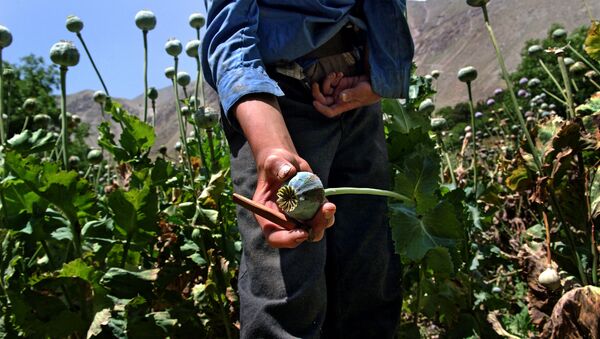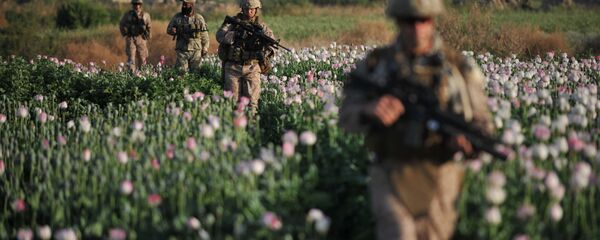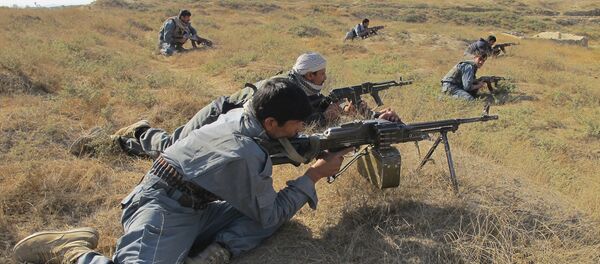The UN report, produced in coordination with the Afghan Ministry of Counter Narcotics, shows that eradication efforts have declined by 91% over the past year, hit by a deteriorating security situation and a loss of funding from Western donors including the United Kingdom.
"The figures in the report indicate that progress in the fight against drug trafficking in Afghanistan cannot be called significant," the official admitted. "The reasons for this are new security challenges, combined with old threats, which have been aggravated over the past year."
"Hopefully, next year we will have more opportunities to more effectively confront the threat of drugs, and especially in matters of preventing the cultivation of narcotic plants," Ahmadi added.
At the same time, the official suggested that it wouldn't be appropriate to completely write off Kabul's counter-narcotics efforts; there have been some achievements. "There are results, especially in curbing the supply and movement of drugs," Ahmadi stressed. "This year, 1,063 operations have been carried out to curb drug supply chains. As a result, 1,408 tons of narcotic substances have been seized."
"Furthermore, operations have been carried out to destroy large factories producing various drugs in the provinces of Badakhshan, Nangarhar and Farah," the official noted.
The security situation, and the drug trade, have affected Russia's security interests. Earlier this month, Russian President Vladimir Putin told Sputnik and Indian media that the situation in Afghanistan is concerning, with 'decisive actions' necessary to counter existing threats. Putin stressed that Moscow and New Delhi in particular are interested in multilateral cooperation to support the country in dealing with issues of national security, building up its counter-narcotics capacity, and ensuring economic and social development.




